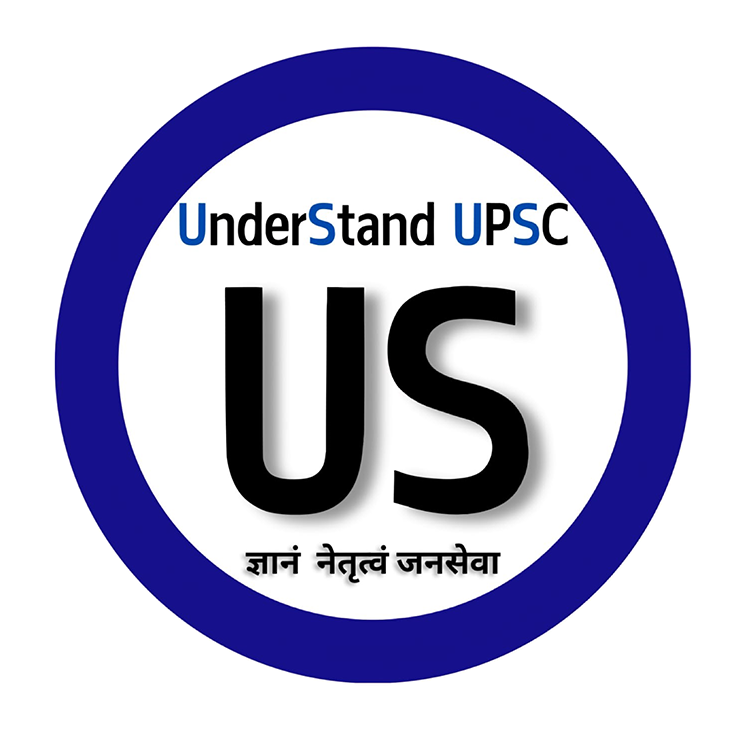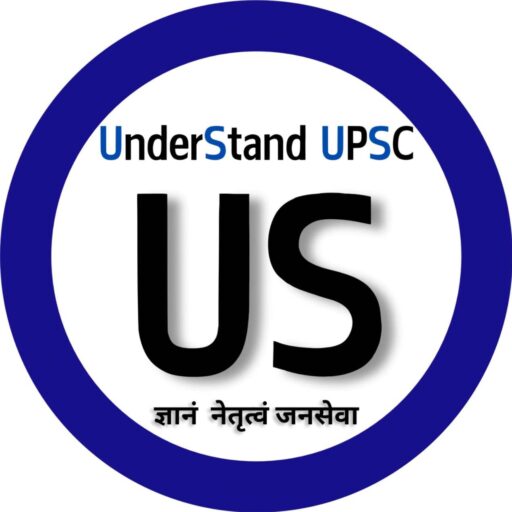
If you’re preparing for the UPSC Civil Services Exam, you must have heard this golden rule: “Start with NCERTs!” But do you know why they’re so crucial and how to read them effectively? Given the vast diversity of syllabus in UPSC, which includes everything from Basic Science to History, Polity, Economics and Geography, it becomes essential to have a strong foundation and conceptual clarity of each of these subjects. This is where the NCERT Books come into the picture.
In this ultimate guide, we’ll cover everything from which NCERT books to read for UPSC, how to take notes, and how to revise smartly to boost your Prelims and Mains scores. Read on to get a step-by-step strategy to ace your UPSC preparation!

Why are NCERTs considered so important for UPSC Exam?
NCERT books are regarded as the foundation of UPSC preparation due to their clarity, authenticity, and structured approach. Before diving into the strategy, let’s understand why UPSC toppers swear by NCERTs:
- Reliable & Authentic Source – Published by the government, NCERTs provide factually accurate and unbiased information.
- Conceptual Clarity – They explain fundamental concepts in a simple and structured manner, making them easy to understand.
- Direct UPSC Questions – Many Prelims and Mains questions are either directly picked or inspired by NCERT content, especially the history questions.
- Strong Base for Advanced Books – Before moving to standard reference books like Laxmikanth, Spectrum, and Ramesh Singh, NCERTs build a solid foundation.
- Interdisciplinary Learning – Subjects like history, polity, geography, and economy are interlinked, and NCERTs help in connecting concepts across subjects.
Best NCERT Book List for UPSC Preparation – Subject Wise
Geography
- Class 11th – “Fundamentals of Physical Geography” and “India – Physical Environment”.
- Class 12th – “Fundamentals of Human Geography” and “India – People and Economy”.
These 4 NCERTs of Geography are considered as the Bible for Geography Preparation. Most of the aspirants use these books as their standard source for prelims as well as mains preparation.
However, understanding these NCERTs might require a basic foundational clarity of geography, for which students can refer to NCERT books of 6th to 10th class.
History
- Class 6–8: Our Past Series (Ancient & Medieval India basics)
- Class 9 & 10: India & The Contemporary World (Modern History foundation)
- Class 11: Themes in World History (Only selective reading)
- Class 12: Themes in Indian History (Highly important for Prelims & Mains)
The class 12th ‘Themes’ series (3 books – one each of Ancient, Medieval and Modern History) has been the most popular source, especially for Prelims. The content, Maps and information in these books are considered the Gold Standard for History foundation.
Polity
- Class 11: Indian Constitution at Work – direct questions have been asked from this book in Prelims (Eg – Chief purpose of constitution, Meaning of Parliamentary Democracy)
Students may refer to Polity NCERT of previous classes too, but only for background knowledge and clarity regarding governance and polity.
Economy
- Class 11 & 12: Indian Economic Development & Macroeconomics
Extremely important especially for students who do not have a background in Economics. These books offer high conceptual clarity in simple language, which is important for subjects like economics where most of the questions are based only on concepts.
Environment
- Class 11 & 12: Selective reading from Biology (Climate change, biodiversity, etc.)
Environment & Ecology is a highly scoring and dynamic subject in the UPSC exam. NCERT books provide a solid conceptual foundation for understanding key environmental issues.

Common Mistakes to Avoid While Reading NCERTs for UPSC
- Memorizing Without Understanding – Focus on conceptual clarity rather than rote memorization.
- Skipping Maps and Diagrams – Maps in Geography and diagrams in Science and History are crucial for better understanding and answer writing.
- Not Linking Topics – UPSC asks conceptual questions, so link NCERT content with current affairs and other subjects.
- Not Practicing Previous Year Questions (PYQs) – Solving PYQs helps in understanding which NCERT portions are important.
Ignoring Glossary Sections – Definitions and explanations in the glossary sections help in conceptual clarity. - Skipping Summary Boxes – Many NCERTs have key points summarized at the end of chapters, which are useful for quick revision.
- Over-Reliance on NCERTs – While NCERTs form the foundation, advanced reference books are also necessary for deeper understanding.
- Neglecting Economy NCERTs – Class 9–12 Economics NCERTs are crucial for understanding basic economic concepts for both Prelims and Mains.
- Reading Passively – Active reading with note-making, underlining, and mind-mapping enhances retention.
- Ignoring Ethics in NCERTs – Moral lessons and case studies from NCERTs are helpful for the Ethics paper (GS 4).
NCERTs form the backbone of UPSC preparation, and avoiding these mistakes ensures a strong foundation.
Read Also:-
Modern History for UPSC Prelims 2025: Important Topics, Sources, Trends and Tips
International Relations for UPSC Prelims 2025: Important Topics, Sources, Trends and Tips
Ancient and Medieval History for UPSC Prelims 2025: Important Topics, Sources, Trends and Tips
Environment for UPSC Prelims 2025: Important Topics, Sources, Trends and Tips
Geography for UPSC Prelims 2025: Important Topics, Sources, Trends and Tips
Economy for UPSC Prelims 2025: Important Topics, Sources, Trends and Tips
How to do Mock Test Analysis by Self for UPSC Prelims?
Polity for UPSC Prelims 2025: Important Topics, Sources, Trends and Tips
How to Analyse PYQs for UPSC Prelims 2025: A Complete Guide
How to Handle Stress During UPSC Preparation?
How to Prepare for UPSC by Self-Study?
Top 5 Mistakes to Avoid in UPSC Preparation
8 Tips to Prepare Current Affairs for UPSC 2025
How to Prepare Map-based Questions for UPSC Prelims 2025
How to Prepare CSAT for UPSC Prelims 2025?
The Most Important Topics For UPSC Prelims 2025
Clear UPSC Prelims in Your First Attempt: A Step-by-Step Guide
Contact Us:
📩 WhatsApp: Chat with Us
▶️ YouTube: Watch Now
📢 Telegram: Join Now




